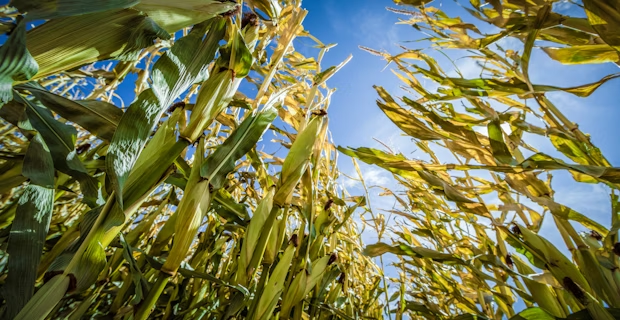At the end of last year I wrote an article about who gets rewarded for Ag Data. We all know now that there’s no such thing as a free lunch and that someone is paying to benefit from growers’ ag data right now; if it’s not the growers themselves, it’s a different business that feels like this is a worthwhile investment. Some companies might call it ‘results-based pricing’ or maybe something completely different; fact remains that, whoever has access to the data, will naturally use it to their own advantage.

So why are we seeing this rush from vendors and other service providers to access growers data? In a way, it’s actually really simple: ag data has become a new commodity but not everyone has realized it yet. Say if one were to stumble upon a new civilization that had gold laying around everywhere but didn’t know its value and therefore didn’t care if it were taken, what would happen? Most people would make sure their truck is filled-up with gas and the tires are at the right pressure…. a once-in-a-lifetime opportunity to strike it rich!
I believe that this is exactly what is happening in agriculture right now. Agricultural input manufacturers have realized the value of ag data and are trying to get their hands on as much of it as they can for free, before growers realize the same thing and ‘put it in the bank’. Or, as Agworld user and 4th generation farmer from Holly Bluff, MS, Jack Phillips recently told us: “Data has become a new commodity and, in the wrong hands, it is used against farmers. If suppliers have got an open book into farmers’ accounting, farmers end up with the short end of the stick, and that happens too often.”

So, how can growers, agronomists and ag retailers ensure that the right person or entity benefits from the ag data available? The first step is for all parties to recognize data as a commodity like any other: something of value that needs to be guarded and that can be used to one’s advantage. Similar to a grower that has, say, a truckload of hay sitting on his farm; if he can sell this truckload and make money, great. However, if he can instead feed this hay to his own cattle and double his money - that is the preferred course of action.
The exact scenario goes for ag data; as the value chain is increasingly becoming digitized. It is not that there is more data, but more and more data is becoming accessible and growers need to work on how they extract the most value out of it for their purposes, not someone else’s. In the end, it’s the growers who own their data, and they have to decide whether they prefer to give or sell it to a supplier or use it themselves. Whatever their decision however, they should first arrive at a position as to the value that data holds for them and then others.
Search product labels with Agworld DBX
A reliable source of plant protection chemical label data so that you can find the information you need for managing weeds, pests and diseases in a safe and effective way. Download product labels and SDSs
Powered by Greenbook
Personally, I agree with Jack Phillips and think that growers cannot afford to sell or just give their data to anyone else as this can short or long term begin to jeopardize their businesses future plans. However, I predict that it won’t take very long for the majority of their growers to realize this and ensure that their data is safely in the cloud, residing on an independent platform that places them in the driver’s seat for decision making. This is also the same place where those that deliver value through real collaboration can access data with the grower’s approval, and for those that clearly have a self-interest ahead of the grower do not have access. And like the gold rush back in the day, once the realization of value sets in, growers will ultimately work very hard to collect as much data as they can and use it to improve their bottom line as much as possible.





